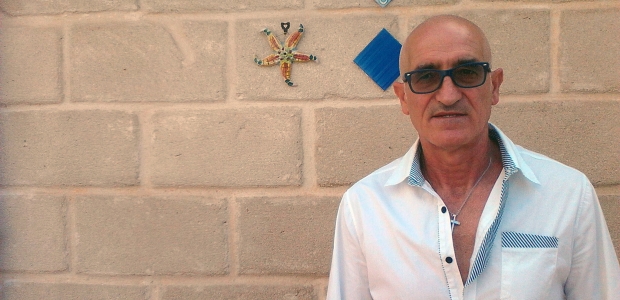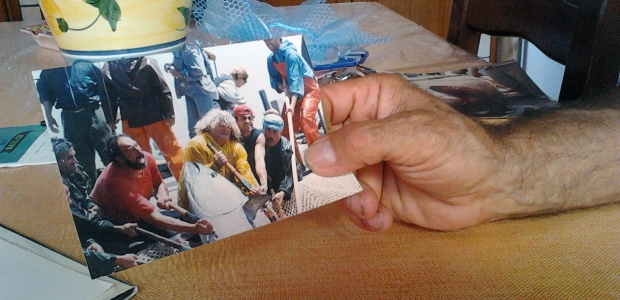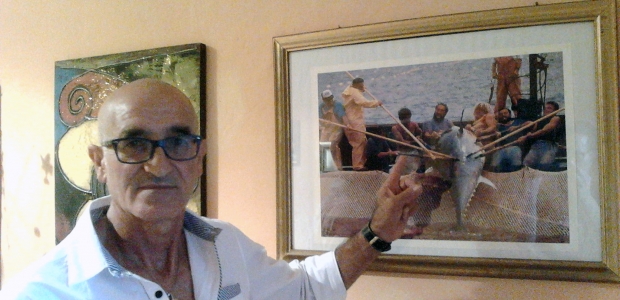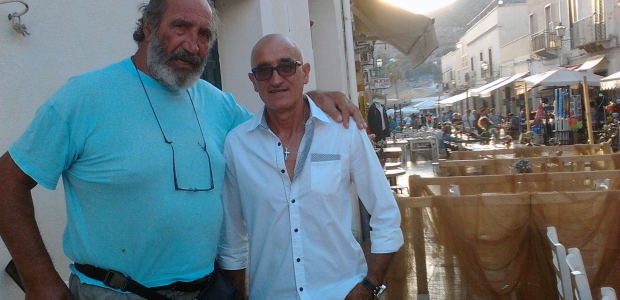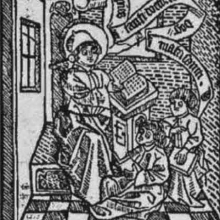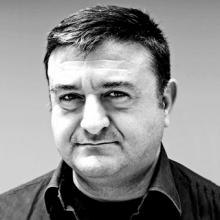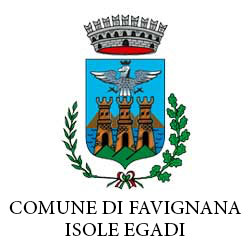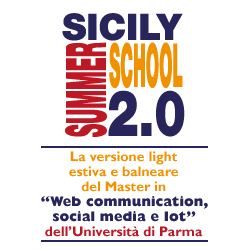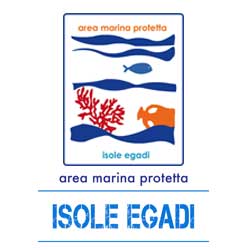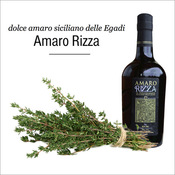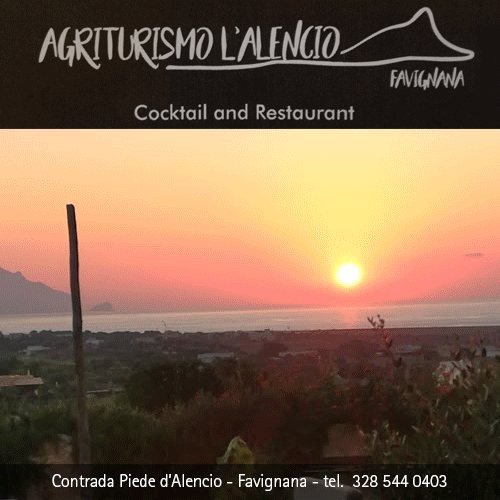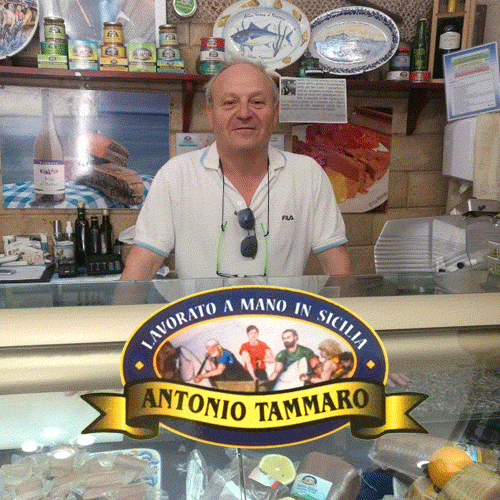Languages
Tonnara memory
From football to sea. Emilio, Favignana and the power of tradition
"The mattanza was a celebration, always. It was like a sacred ritual, punctuated by cialome and prayers, but also by a force that united us all." Emilio’s eyes dampen with tears as memories of a lifetime flow. His hands are still energetic, though not powerful. Hands which grasped ropes, harpoons and other hands, those of his companions tonnaroti (tuna fishermen).
He shows his photos with pride and a bit of nostalgia, remembering when, at twenty-five, he decided to quit professional football to embrace what would become his great passion. "I played in Excellency, in the Polisportiva Paceco, but during the workouts I felt that I wanted to be elsewhere. I wanted to live with passion, next to those men who had made of the sea their reason to live, and loving it as one loves a beautiful woman, giving her everything. In this way I grew up as a man and a sailor. "
The rais was interested in every aspect of the mattanza. He knew how and when to make a decision.
Emilio decided to immerse himself in the intense life of the tonnara: "Every morning I woke up with enthusiasm and I couldn’t wait to start working. It was 1985 and since that moment, for twelve years, I had the honor of knowing unique people, with great values to convey and incredible stories to tell. There was a deep respect of the sea that fed us and of our companions, we grew together with a rare sense of solidarity, to the point of helping each other in times of economic and family difficulties."
His hand shows the picture of a critical moment in the mattanza: "See our movement? Each of us tonnaroti had to put the same strength in pulling the harpoons, otherwise we could not lift the tuna. Tunas rebel against death, and they hit you with their fins if they have the chance to. Once we caught one weighting 540 kg: think how hard would have been if it had hit us. In these cases, as in every aspect of the mattanza, the Rais was our guide, coordinating our movements together with his assistant."
The Rais is Gioacchino Cataldo, a man who appears in several photos showing the most energetic moments of the mattanza, displayed in the main streets of Favignana. Emilio speaks of him as a lieutenant praising his general, with the same excited gratitude. " The rais was interested in every aspect of the mattanza. He is a man of great preparation and culture, more respected than any mayor; he always knew what the weather would be like, he always knew when the sea currents would be favorable to him, he knew how and when to make a decision."
In 2017, after ten years, the mattanza will return. Tradition is the real novelty on which to focus.
There were three phases of the mattanza. "The first one is the nets preparation, which takes place between February and March. In this phase the nets are assembled, the ones to be thrown into the water at the next stage, the calata (fall), which normally occurs in a period between early May and early June. During the month of June the actual mattanza takes place, until the first week of July; in those days tunas arrive in Favignana, after their passage through the oceans and the great seas of the North. Once we caught one with a label with its origin on it: California! The last stage is the salpato: you have to keep the sea perfectly clean, removing anchors, peaks, booms and other tools within a maximum of one month. "
In autumn and winter, the tonnaroti return to their activities. Some continue to be fishermen, others do other jobs. "This is a seasonal contract, although it has always been a tradition handed down from father to son. I have passed these values to my children, but who will be there after me?"
Emilio walks through the streets of Favignana. His eyes inspecting the sea perhaps conceal hope. Along the street through the village, he meets the Rais. Gioacchino has huge hands, his scaly skin consumed by salt and sun. A taurine neck, muscular shoulders and an impressive chest, the same he had in old photos. He has a velvety and deep voice, slow gestures and gentle ways, the glance gleaned by whichever intuition, whichever lighthouse. He embraces Emilio, "My right arm," so he defines it. Since 2007, there is no mattanza; the next one will be in 2017. Tradition is the real novelty on which to focus.
